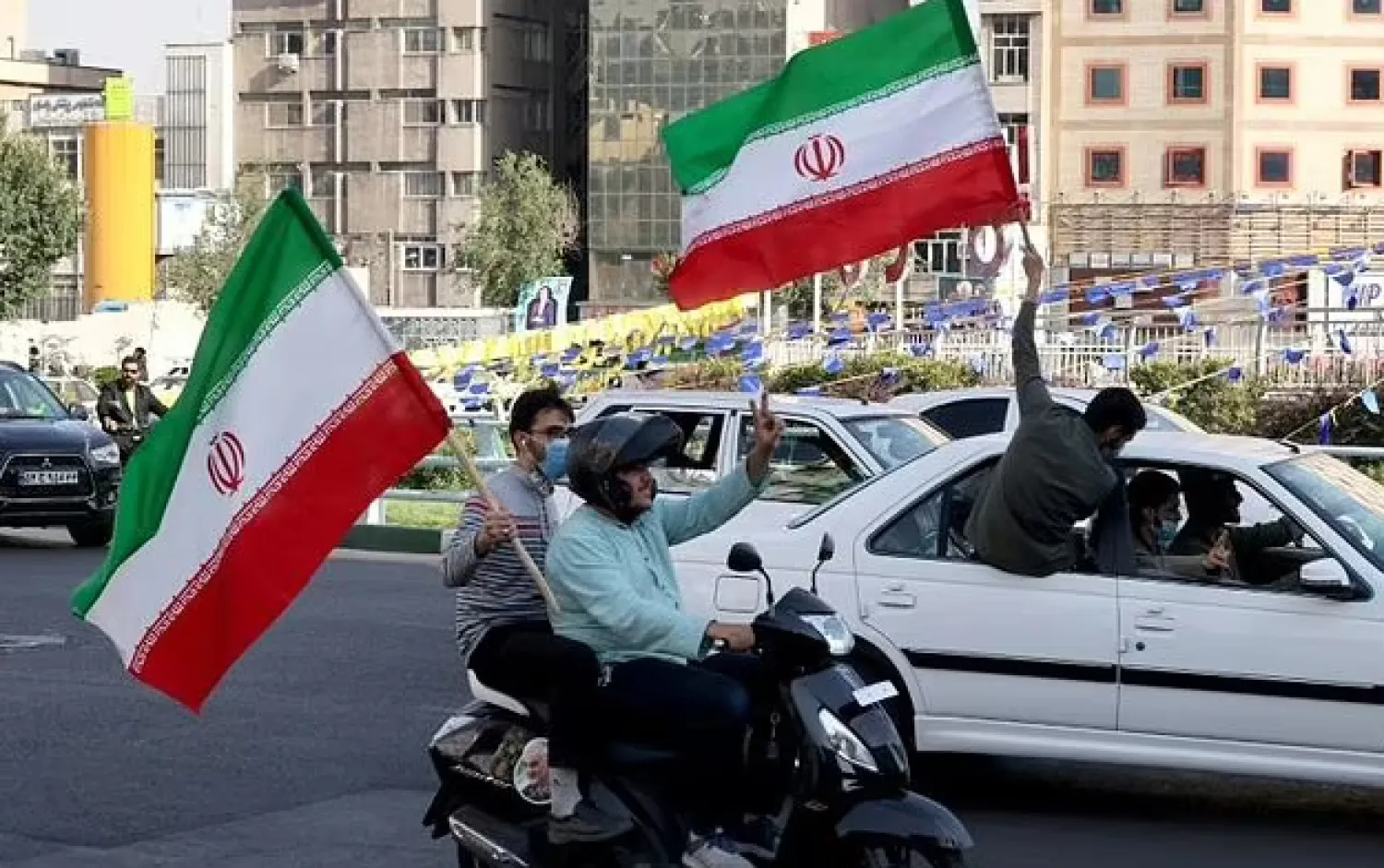Iranian voters are to elect a new president Friday, with the ultraconservative Ebrahim Raisi expected to replace the moderate Hassan Rouhani after a host of candidates were disqualified.
The vote comes at a time when the recession-hit country is in talks with world powers to revive a battered 2015 nuclear deal and eager to end a punishing US sanctions regime.
Buzz has been minimal in Tehran, where campaign posters are sparse, as observers expect no major surprises and countrywide turnout is predicted to hit a new low among an electorate exhausted by social and economic crisis.
Ultimate power in Iran since the 1979 revolution lies with the supreme leader, Ayatollah Ali Khamenei, but the president has significant influence on issues from industrial policy to foreign affairs.
The landmark achievement of Rouhani's two consecutive four-year terms, the maximum allowed, was the accord under which Tehran accepted limits on its nuclear program in return for relief from international sanctions, according to AFP.
But hopes that Iran would reap the benefits were dashed three years ago when then-US president Donald Trump ripped up the deal and launched a "maximum pressure" campaign to diplomatically and economically isolate it.
The country of 83 million, blocked by the US from selling its oil to and trading with much of the world, was plunged into recession while Rouhani and his camp were harshly criticised by ultraconservatives for having trusted the West.
Iran saw anti-government unrest in the winter of 2017-18 and again in November 2019 -- harshly put down both times -- before the Covid-19 pandemic came and hit Iran harder than any other country in the region.
- Ending sanctions -
Raisi, aged 60 and the former head of the country's judiciary, belongs to the ultraconservative camp that is distrustful of the West and often labels the US the "Great Satan" or the "Global Arrogance".
Some Iranian media see him as a possible successor to Khamenei, 82.
A Raisi victory would mean that, months after US President Joe Biden ousted Trump, with his uncompromising stance on Iran, from the White House, the pendulum would swing the other way in Tehran.
Analysts however point out that this would be unlikely to derail ongoing talks in Vienna between Iran and the other remaining parties to the nuclear deal -- Britain, China, France, Germany and Russia. Some of those powers have lately acted as a negotiating bridge between Iran and the US.
The pain of Trump's ramped-up sanctions, which sparked a currency collapse, galloping inflation and spiralling job losses, is the unifying electoral theme, and all seven candidates agree Iran should return to the nuclear deal to end them.
The internal decision to try to revive the agreement "transcends factional struggles," Clement Therme, a researcher at the European University Institute in Italy, told AFP.
In a live televised debate, Raisi avoided clashing with reformists, instead focusing on Iranians' economic woes.
His challengers include ex-Revolutionary Guards chief Mohsen Rezai and ultraconservative former nuclear negotiator Saeed Jalili.
Also running are ex-vice president Mohsen Mehralizadeh and central bank governor Abdolnasser Hemmati -- both of whom are seen as reformists, but also as lacking the support of the main reformist coalition.
- Call to vote -
If no candidate wins a clear majority on Friday, the two top candidates will go head-to-head in a runoff a week later, on June 25.
Campaigning kicked off in late May with little fanfare. Few campaign posters are visible in Tehran apart from those of Raisi, who took 38 percent of the vote in the last election in 2017, won by Rouhani.
The mood has been dampened by coronavirus restrictions on public gatherings, and observers expect many voters to abstain -- a trend that tends to favor the conservative camp.
Last year's parliamentary elections saw a 57 percent abstention rate and a conservative sweep of the legislature, after thousands of mostly reformist or moderate candidates were disqualified.
Tehran nursing student Narges, 20, like many young Iranians, said she was mainly concerned with making ends meet and worried about her future. Asked about the presidential election, she said she did not have "any particular feelings" about it.
Until last month, the Iranian press had widely predicted a showdown between Raisi and moderate conservative Ali Larijani, an adviser to Khamenei.
But after the powerful Guardian Council barred Larijani and other heavyweights from the poll, those who remain in the race appear unlikely to pose a serious challenge to Raisi.
With opposition groups outside Iran calling on social media for a boycott, Khamenei has urged Iranians to come out in droves to cast their ballots in a show of defiance to the "enemies of Islam".









